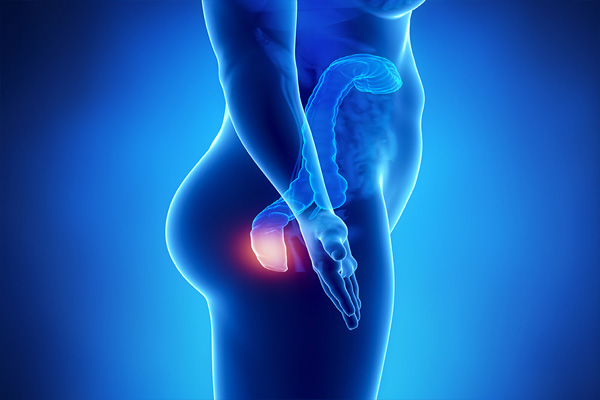What are Hemorrhoids?
Hemorrhoids (also called piles) are enlarged and swollen veins in your rectum or anus. Hemorrhoids are one of the most common known medical conditions. Worldwide, millions of people currently suffer from hemorrhoids. They occur in both men and women.
